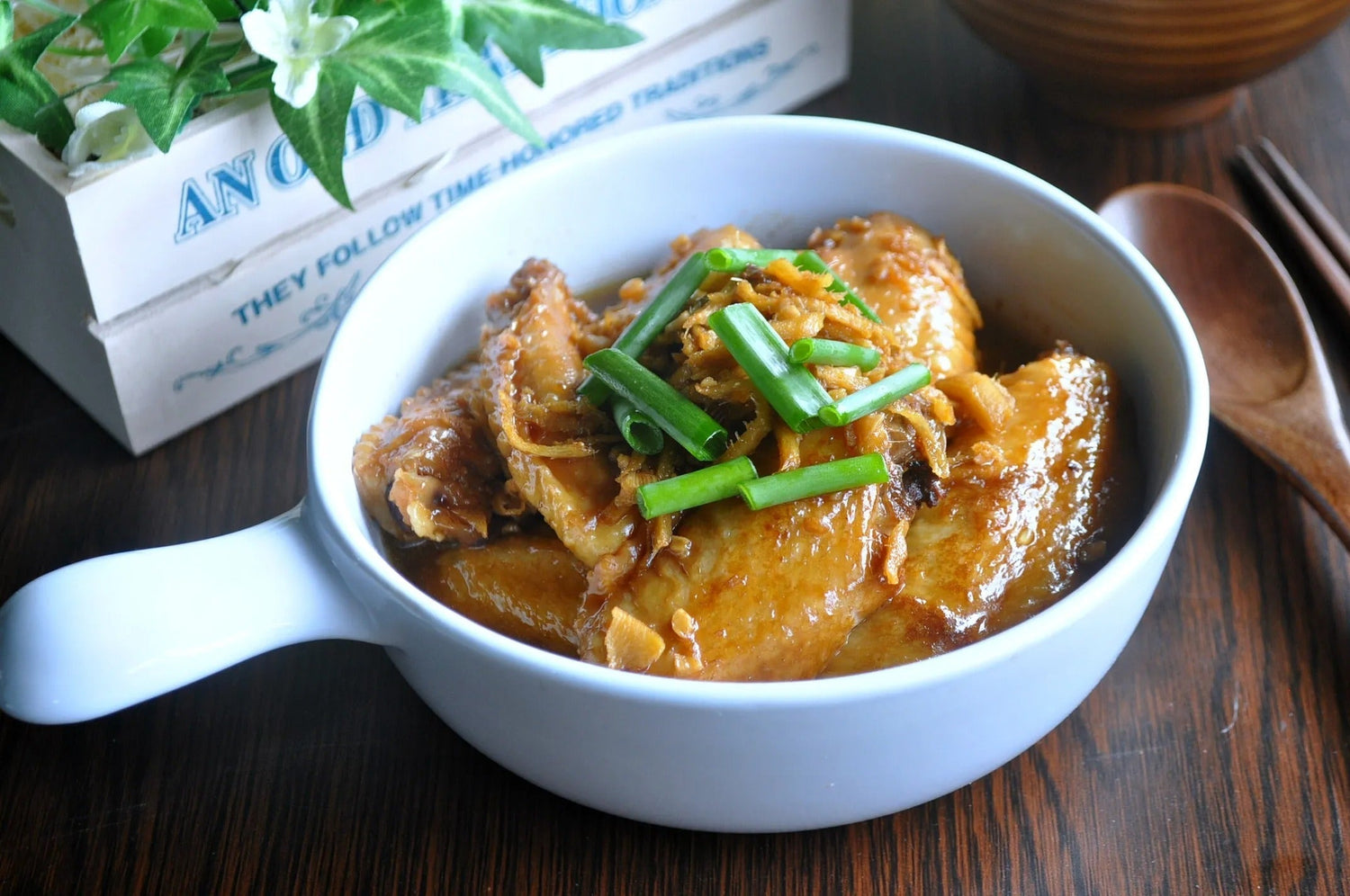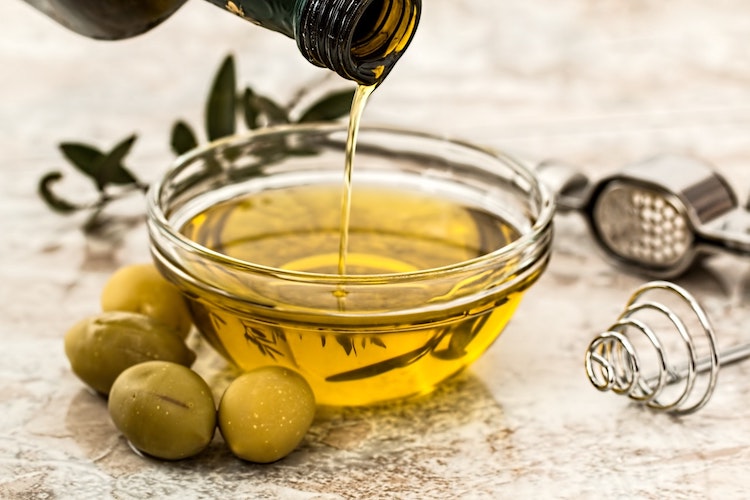Choosing the right oil for cooking chicken can make all the difference in achieving the perfect texture, flavor, and nutritional value. With so many options available, it can be daunting to select which oil is best suited for your needs. Whether you're a seasoned kitchen professional or just someone who loves cooking chicken at home, understanding the benefits and drawbacks of various oils can elevate your culinary game. This article explores different oils to cook chicken in, offering insights into their health benefits, smoke points, and flavor profiles.

The Importance of Choosing the Right Oil
Before diving into the specifics, its crucial to understand why picking the right oil matters. The type of oil you select impacts not only the flavor of the chicken but also its nutritional content. Certain oils come with unique health benefits, while others may not align with your dietary preferences. Additionally, the varying smoke points of oils can affect the cooking process and the final outcome.
Health Benefits
Choosing the right oil can offer health benefits such as reducing bad cholesterol, providing essential fatty acids, and enhancing the absorption of fat-soluble vitamins. Oils rich in monounsaturated and polyunsaturated fats are generally considered healthier options.
Smoke Point
The smoke point of an oil refers to the temperature at which it starts to smoke and break down. Using oils with appropriate smoke points ensures that the food is cooked perfectly without any burnt flavors.

Popular Oils to Cook Chicken In
Olive Oil
Olive oil is a go-to choice among health-conscious cooks. It's rich in monounsaturated fats and antioxidants, making it a heart-healthy option. Extra virgin olive oil has a relatively low smoke point, making it ideal for low and medium-heat cooking such as sauting and light frying. Regular olive oil, on the other hand, has a higher smoke point suitable for high-heat methods like grilling and roasting.
Coconut Oil
Coconut oil has gained popularity for its unique flavor and medium-chain triglycerides (MCTs), which are believed to offer various health benefits. It has a moderate smoke point, making it suitable for medium-heat cooking. Coconut oil adds a distinct, slightly sweet flavor to the chicken.
Canola Oil
Canola oil is another common choice for cooking chicken. It has a high smoke point and a neutral flavor, making it versatile for various methods like frying, baking, and sauting. Canola oil is also low in saturated fat and contains omega-3 fatty acids, contributing to its health benefits.
Avocado Oil
Avocado oil boasts a high smoke point, making it ideal for high-heat cooking methods such as frying and grilling. Its rich in healthy monounsaturated fats and has a mild, buttery flavor that enhances the taste of chicken without overpowering it.

Less Common Oils to Explore
Sesame Oil
Sesame oil is a staple in Asian cuisine, often used for its rich, nutty flavor. It has a moderate smoke point and is best used for stir-frying and marinades. Due to its strong flavor, it is typically used in small amounts.
Grapeseed Oil
Grapeseed oil is derived from the seeds of grapes and has a high smoke point, making it suitable for high-heat cooking. It has a neutral flavor, allowing the natural taste of the chicken to shine through. Grapeseed oil is also high in vitamin E and antioxidants.
Safflower Oil
Safflower oil has a high smoke point and neutral flavor, making it versatile for various cooking methods. It is high in unsaturated fats, particularly linoleic acid, which contributes to its health benefits.

How to Choose the Right Oil for Your Cooking Method
Now that you have an understanding of different oils, lets discuss how to choose the right one based on your cooking method. The choice of oil can vary depending on whether you are frying, grilling, baking, or sauting the chicken.
Frying
For frying chicken, it is essential to choose an oil with a high smoke point to prevent burning. Oils like canola oil, avocado oil, and grapeseed oil are excellent options for frying.
Grilling
When grilling chicken, opt for oils with high smoke points like avocado oil and safflower oil. These oils can withstand the high temperatures without breaking down, ensuring juicy and flavorful grilled chicken.
Baking
Baking chicken requires oils that handle moderate to high heat. Olive oil, canola oil, and avocado oil are suitable choices, enhancing the flavor of the chicken while providing health benefits.
Sauting
For sauting chicken, oils with moderate to high smoke points are ideal. Olive oil, coconut oil, and sesame oil add distinct flavors and ensure the chicken cooks evenly.
Incorporating Flavored Oils
Flavored oils can add a unique twist to your chicken dishes. Infused oils like garlic oil, rosemary oil, and chili oil can enhance the flavor profile and elevate your cooking.
Oil Storage and Shelf Life
Proper storage of cooking oils is crucial to maintain their quality and prevent them from going rancid. Store oils in a cool, dark place, away from direct sunlight and heat. Ensure the bottles are tightly sealed to prevent oxidation. Most oils have a shelf life of about 6 months to a year, but it is always best to check the expiration date on the bottle.
FAQs
-
Q: Can I mix different oils when cooking chicken?
A: Yes, you can mix different oils to combine their flavors and benefits. For example, mixing olive oil and canola oil can give you a balanced flavor with a higher smoke point. -
Q: Is it safe to reuse oil after frying chicken?
A: While it is possible to reuse oil after frying, it's generally not recommended. The oil can break down and develop off-flavors after being used at high temperatures. If you choose to reuse oil, strain it to remove food particles and store it properly. -
Q: What oil is best for marinating chicken?
A: Olive oil and sesame oil are excellent choices for marinating chicken due to their distinct flavors and ability to coat the chicken evenly.
For more information on choosing the best cooking oils, check out this comprehensive guide.
Additionally, for maintaining a clean kitchen, explore this guide on cleaning.
As an Amazon Associate, I earn from qualifying purchases.
As an Amazon Associate, I earn from qualifying purchases.






Leave a comment
This site is protected by hCaptcha and the hCaptcha Privacy Policy and Terms of Service apply.